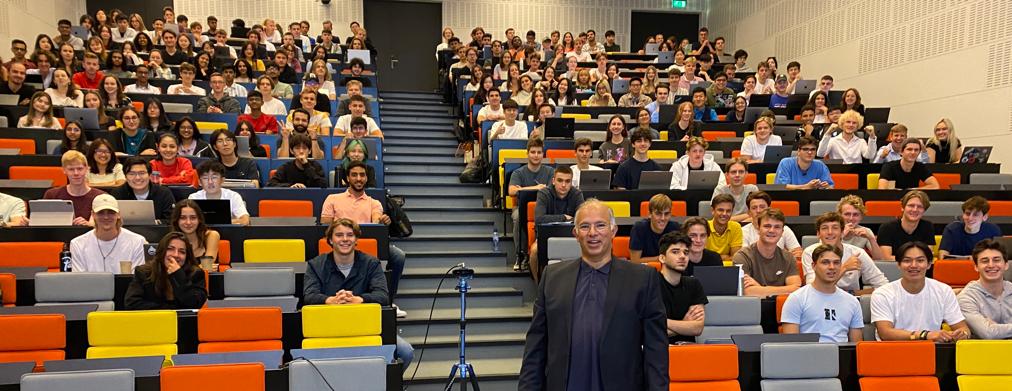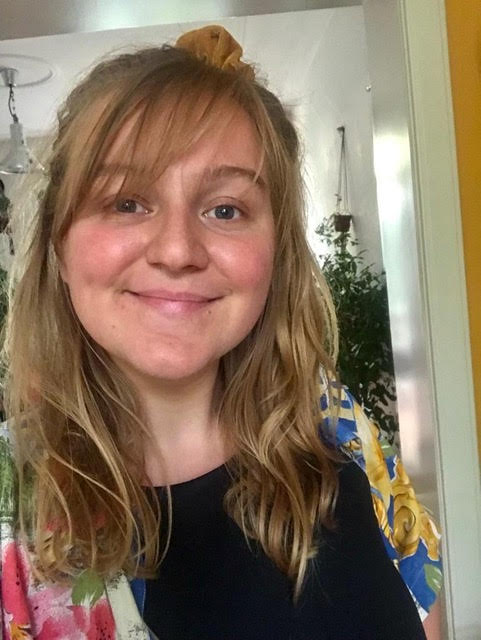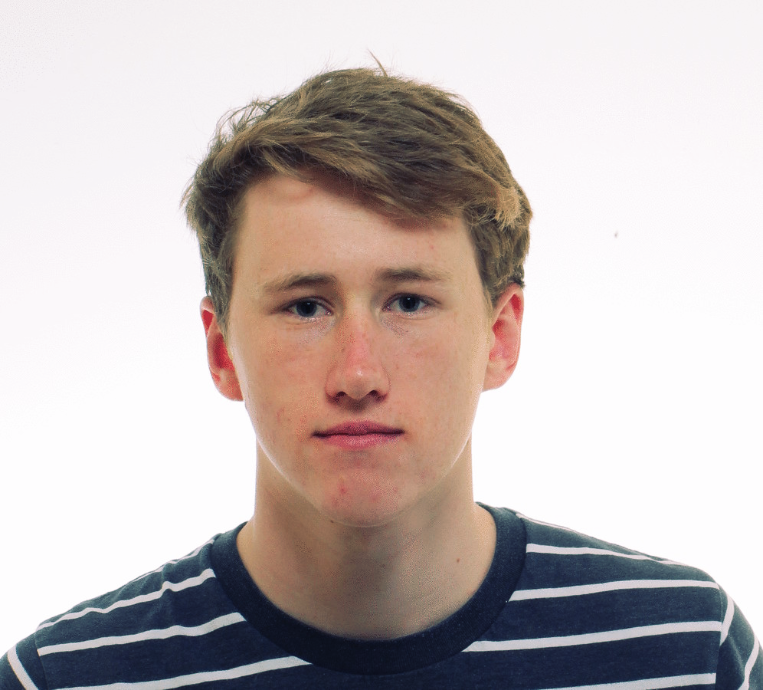
Kicking off the Academic year with 2 Analytics for a Better World courses
We’re very happy to share we kick-off the 2022-2023 academic year with two courses (1 for BSc students, and 1 for MSc students) centered around the topic of Analytics for a Better World. Both are part of the core curriculum of the Business Analytics programs at the University of Amsterdam.
Analytics for a Better World (BSc course)
This program is part of the University of Amsterdam BSc program of Business Analytics, and is aimed to provide students with a solid introduction to the core principles of analytics. All examples in the program are cases from Analytics for a Better World.
Contents
This course teaches some basic business analytics techniques as linear optimisation, shortest path, regression, and simple machine learning techniques. It revolves around real-life cases with a high societal impact. Since the Business Analytics study starts here, the cases, and the data, are simplified. This course is a hands-on course: the students analyse, interpret, and process the data themselves. Each lecture we use the one-pager bachelor programme overview to identify which courses later in the program will deepen the methodology introduced in the lecture to its full extent. This gives an integrative perspective of the bachelor curriculum and a clear motivation of the utility of each course.
Objectives
After the course students should be able to:
- understand the important role of Analytics for Business and Society;
- have a good overview of the Business Analytics field, including the division into descriptive, diagnostic, predictive and prescriptive analytics;
- understand basic Business Analytics techniques as linear optimization, linear regression, shortest path;
- apply these techniques to simple decision problems in Business and Society;
- implement these techniques and use python packages to solve these simple decision problems;
- acquire a good overview of the role of each course in the bachelor program BAN and the cohesion of these courses in the A(nalytics) B(usiness) C(omputer Science) structure.
See the course website for more information!

Advanced Analytics for a Better World (MSc course)
This program is part of the University of Amsterdam MSc program of Data Science and Business Analytics, and is aimed to provide students with a solid introduction to the core principles of analytics. All examples in the program are cases from Analytics for a Better World.
Contents
This course covers advanced Optimization and Machine Learning techniques illustrated by applications that contributed to the United Nations Sustainable Development Goals. The advanced techniques cover nonlinear, conic, and robust optimization, optimization for and with Machine Learning in general, and optimization with constraint learning more specifically. Several lectures will be spent on programming and on state-of-the-art optimization solvers. For this course, it is assumed that students have already thorough knowledge of Linear and Integer Optimization and basic Machine Learning methods.
We will illustrate how several important societal problems can be modelled and solved by these Optimization and Machine Learning techniques. The following cases will be used:
- Dike height optimization in the Netherlands.
- Optimization of radiotherapy treatment plans for cancer patients.
- Optimizing the food supply chain for the World Food Programme.
- Optimizing depot locations for the UNHRD.
- Optimizing healthcare facility locations in Timor-Leste and Vietnam (via the World Bank).
Objectives
After successful completion of this course, students have a solid understanding of advanced Mathematical Optimization methods and solvers.
More precisely, students are able to:
- decide if reality can be modelled with linear functions, maybe by using integer variables;
- understand the importance of convexity for nonlinear models;
- define the Lagrange dual of an optimization model and understand when duality is strong;
- use duality to establish the deterministic equivalent of robust formulations of uncertain models;
- represent several types of convex inequalities as cone inequalities and understand how that enables highly scalable solvers;
- have a thorough understanding of how to combine Mathematical Optimization and Machine Learning for better decision making;
- model relevant societal problems into the framework of Optimization and Machine Learning and solve them in small teams;
- understand relevant societal and sustainability challenges and the importance of analytics to overcome those;
- deal with data related to those challenges, combining specific data with general data that is publicly available, but relevant;
- model approaches that combine Machine Learning with Mathematical Optimization and find solutions that improve the societal and sustainability goals using relevant data.
Recommended prior knowledge
- Knowledge on Linear Optimization, including modeling, methods, and implementing.
- Experience with Python.
See the course website for more information!
Lectures and seminars are given by our ABW team and teaching assistants:




